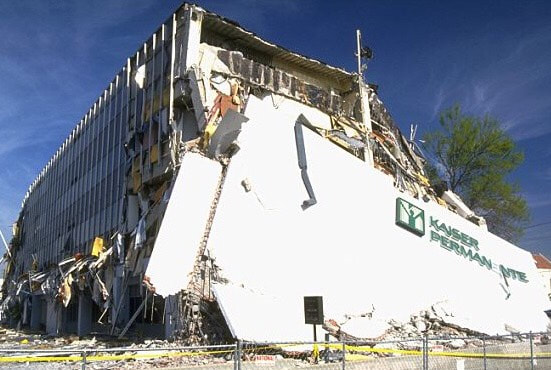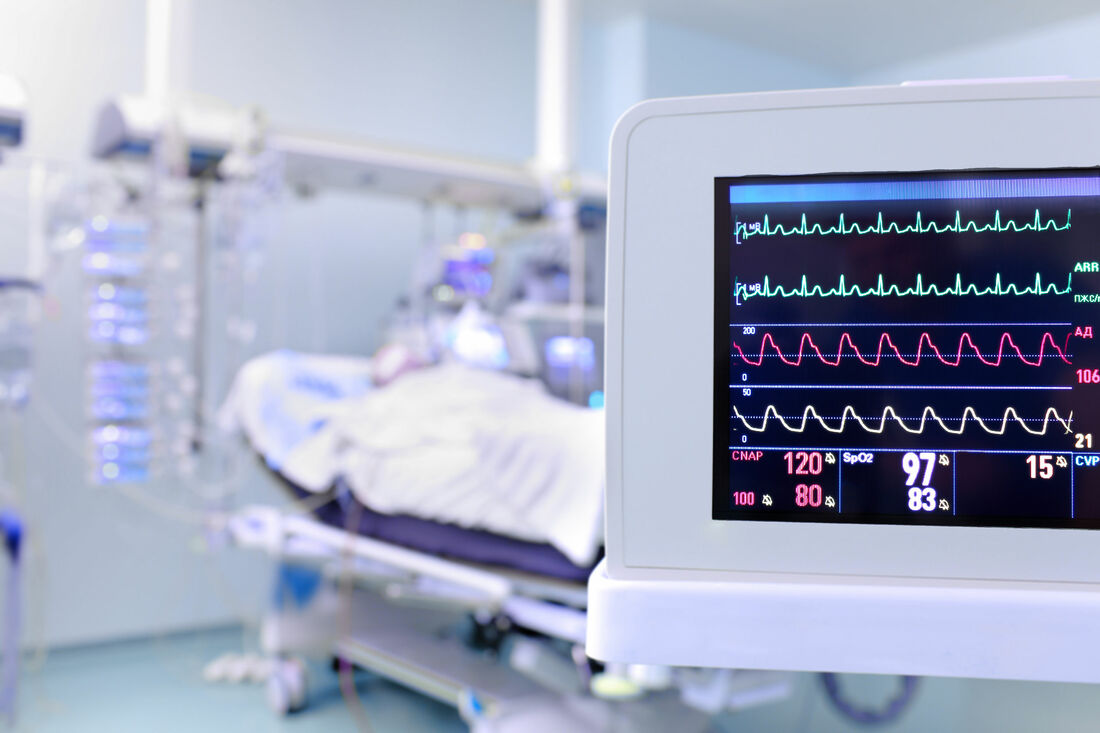|
MBS Engineering, Inc
License #990872 12855 Alcosta Blvd. San Ramon, CA 94583, USA Phone (925) 334-7200 [email protected] Hours: Monday - Friday, 7 am to 4 pm |
© COPYRIGHT 2023. ALL RIGHTS RESERVED. PRIVACY POLICY
|




 RSS Feed
RSS Feed
